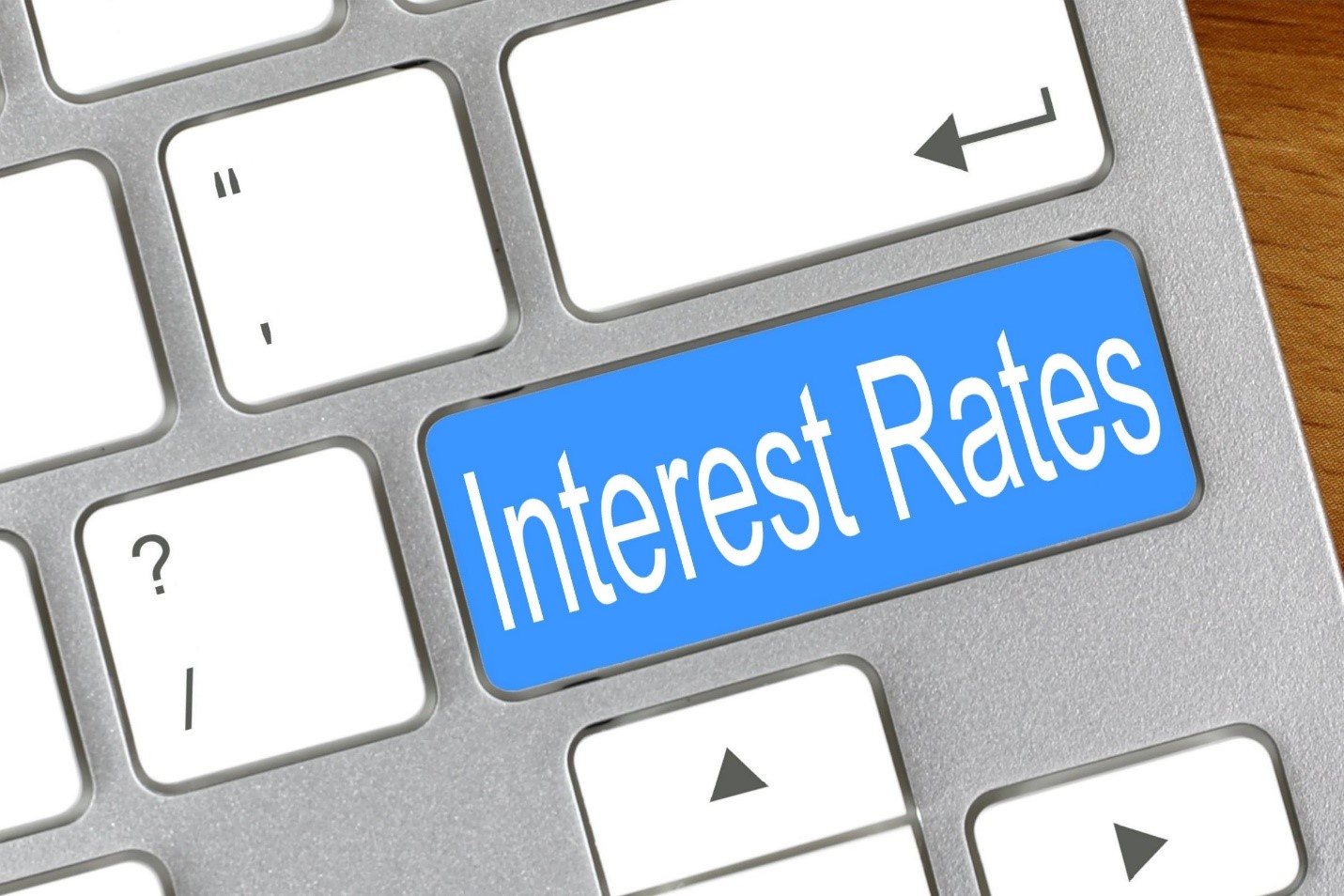At a glance:
● Investors’ belief regarding the increase in the interest rate.
● Positive aspects of increasing interest in the commercial property market.
● Negative aspects of growing interest in the retail property market.
With interest rates continuing to rise, many wonder about the kind of impact it will have on the commercial real estate market. Does a rising interest rate mean lower returns on commercial real estate? How will the real estate market fare, and how will investments perform? Investors fear that higher interest rates will lead to higher capitalisation rates and declining property values, resulting in lower returns.
At the same time, rising interest rates increase borrowing costs and indicate economic growth. There may be fewer vacancies and better returns as a result. If interest rates are higher, property prices decline, and cap rates increase. You may also be able to lock in a price for a commercial property, but you’ll probably pay more in the long run.
Generally, a higher interest rate signifies that the economy has been strengthened. In the same way, a stronger economy will create a stronger market for real estate. There is no guarantee that there will be a correlation between the two; however, many business leaders are confident that the Australian economy will be on the upswing in the coming years.
Consequently, more people can access the funds necessary to invest in commercial real estate, and lenders will be able to provide investors with more financing options.
Commercial real estate pricing is most sensitive to the cap rate, which is the ratio of net operating income to market value. This formula assumes that higher interest rates lead to higher cap rates, which leads to lower property values. Nevertheless, it is important to note that this correlation is strongest when comparing longer periods. In the end, cap rates are influenced by capital flows, investor risk and interest, and real estate fundamentals.
It is well known that interest rates influence mortgage rates. They also play a role in capitalisation and discount rates when valuing properties. As interest rates rise, the mechanism governing the flow of available capital will become tighter. Investors consider this a bad sign – it means underwriters are tightening their standards, making the financing process more expensive.
The low supply of available properties may increase property owners putting their properties on the market in the coming year. High-interest rates mean high-interest payments as well, which may discourage buyers from getting a mortgage. This reduces the number of buyers, leading to an oversupply of commercial property.
Since most commercial property investors have to borrow money to purchase, higher interest rates will increase the cost of borrowing, reducing buyers’ purchasing power. In addition, higher interest rates will increase investors’ expectations regarding investment returns on their cash if they were to keep it outside of the real estate and may reduce their willingness to purchase properties at the current level of prices.
A multitude of factors affect commercial property prices, but the interest rate hike and widespread belief that more interest rate hikes will probably follow in the coming months will slow the rate of price growth in the Australian market until next year.
However, it’s not all bad news. If interest rates rise, consumers’ buying behaviour may change, but not necessarily for the worse. Additionally, rising interest rates positively affect the property market and, therefore, the commercial real estate market.
Typically, commercial real estate prices drop when there is an oversupply, so a plethora of properties can be beneficial to the market. First-time commercial property buyers may be able to enter the market so long as they have enough cash flow buffers to cover their loans. Rate increases could even ease the affordability crisis for residential properties in the coming year.
